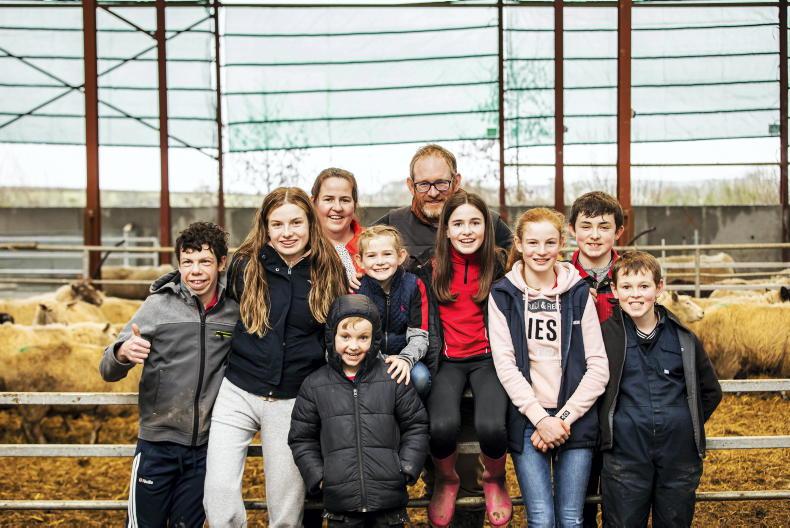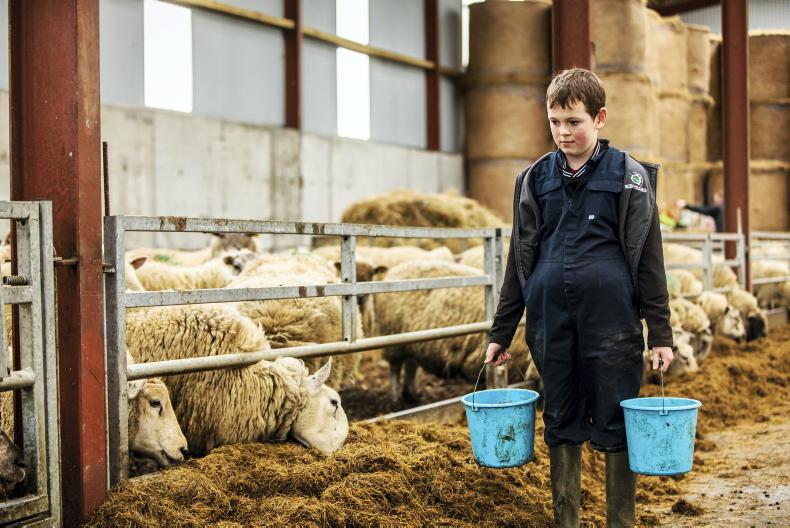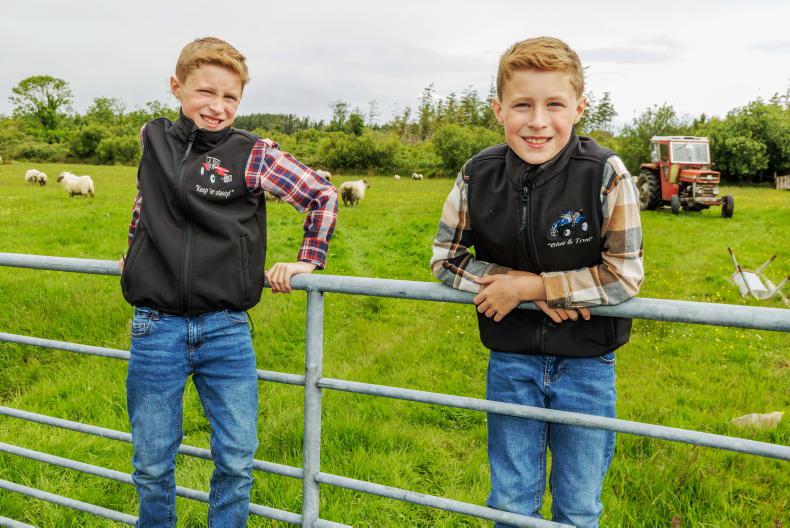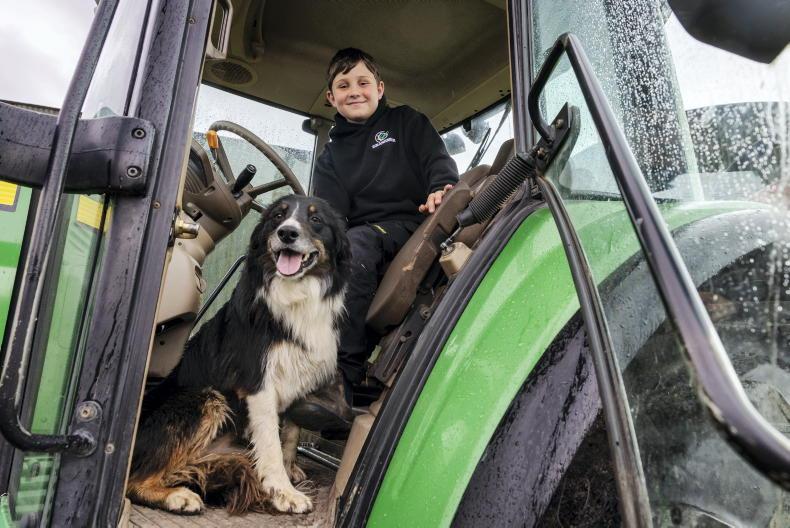Family farming and team sports have many things in common. The need for people to work together in a co-ordinated way, to be willing to share the hard yards is at the core of farming. It’s also important to complement each other’s roles. Not everyone can take the frees, not everyone gets to drive the nice tractor.
We’re coming to the time of year of where things are getting into full swing in farmyards, with calving, lambing and spring work a wonderful but also a demanding time.
Similarly, sports fields will soon be swarming with young people as we emerge from lockdown and into longer evenings and (hopefully) warmer weather. If you’re living on a farm, evenings and weekends will see you help herding, feeding or bedding/watering cows and calves or ewes.
On tillage farms, there are less chores, but those stones won’t pick themselves.
The payoff is the joy of seeing a newborn calf standing for the first time, bunches of lambs skipping in the shed, or the smells and sounds of spring in the fields, of growth and rebirth. Everyone is busy. There is pressure to get the work done, but it is enjoyable.
Or at least it should be enjoyable. It isn’t much fun if the atmosphere is sour, if people are afraid of making the slightest mistake.
Leadership
The big test of leadership is when things are going wrong. A gate isn’t properly closed, a pillar gets clipped by a loader box or a trailer.
Sheep refuse to go through a mucky gateway, or stream out onto the road through a tiny hole in the hedge. Keeping a cool head while coming up with a plan is the key to fixing the problem. Not roaring at everyone in an incoherent way while the sheep or cattle disappear over the horizon.
It’s the same in sport. Soft goals are conceded, people fall over hurdles or drop batons in relay races or knock fences in showjumping.
The challenge is to keep your cool. For players, that means encouraging a team-mate after a mistake, not criticising them. For coaches and parents, it’s important to maintain a positive message, and not to have children and teenagers playing with fear.
It’s important for everyone to remember that the referee is human too, and will get things wrong.
Screaming abuse at them isn’t constructive. It won’t change the previous decision, and is only likely to result in the next 50/50 decision going against you. Not because the referee is vindictive, but because human nature means we are unlikely to give the hop of the ball to people who have just been shouting at us.
There’s a huge difference between the positive pressure of pushing ourselves and the stress of negativity, in school, at home, or while playing sports.
Sport is supposed to be fun, even when it’s serious at elite level. And if you’re not enjoying it, it’s unlikely that you will thrive. In the longer term, it’s likely that you will stop playing.
A confession here. I was much better at maintaining my composure on the sideline than in the farmyard. I was more likely to lose my temper with my own boys when we were working together than to disrespect them or anyone else from the sideline or the stand.
That’s probably because I felt under more pressure myself on the farm, and I projected that on to others. It didn’t lighten my burden an inch. It just unnecessarily added to the burden of others.
So the message here is to give respect and earn respect from others, whether it’s in the farmyard or at the sports field. Remember that the people we work with and compete alongside are our family and closest friends.
It’s nice to win, but losing is part of life, and being unable to cope with not winning is a self-destructive mentality in the long-term.
Enjoy the spring.










SHARING OPTIONS